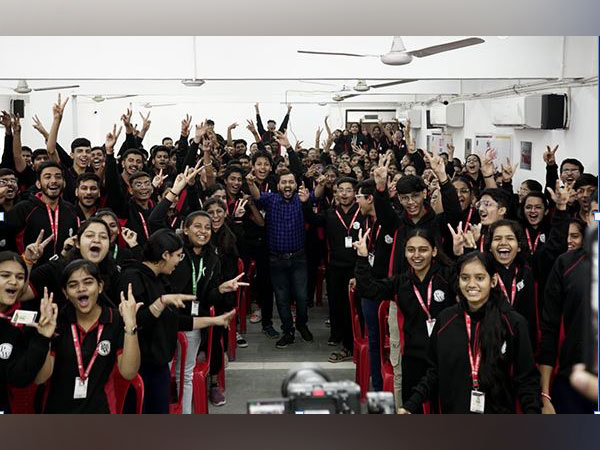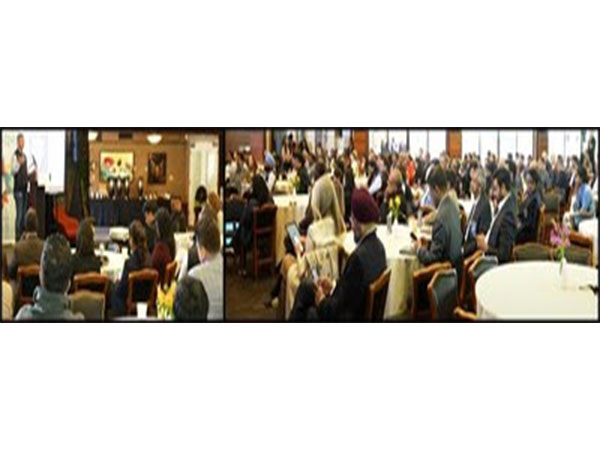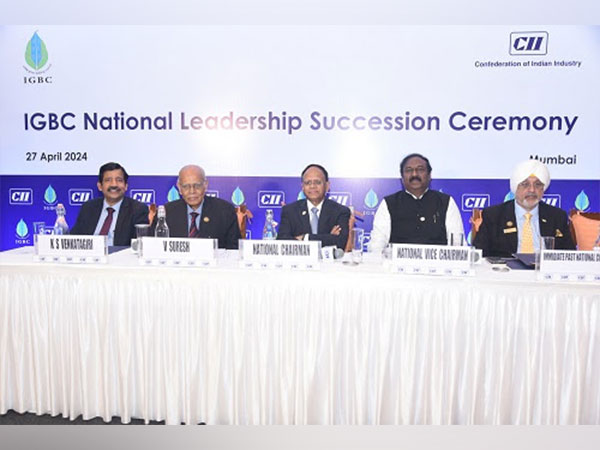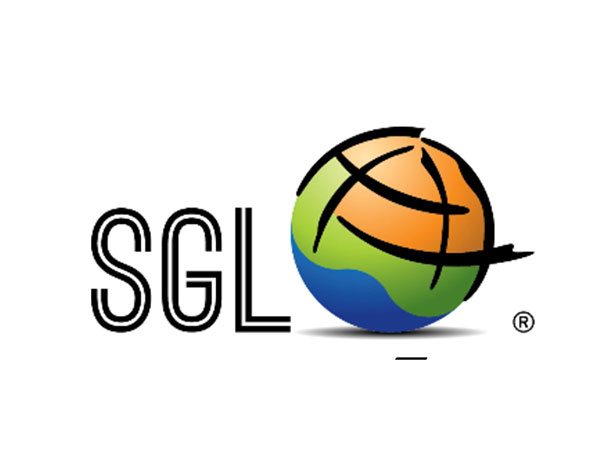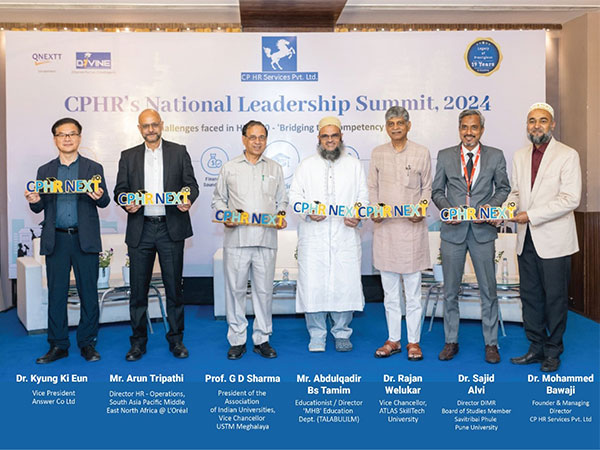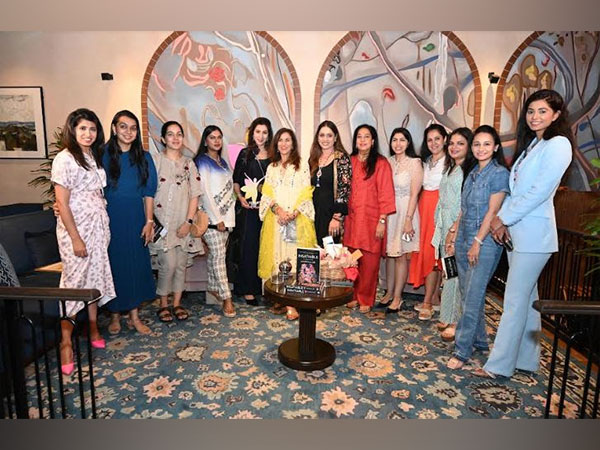Feature: Joint inspection teams work in concord to speed up grain export from Ukraine
Oct 09, 2022
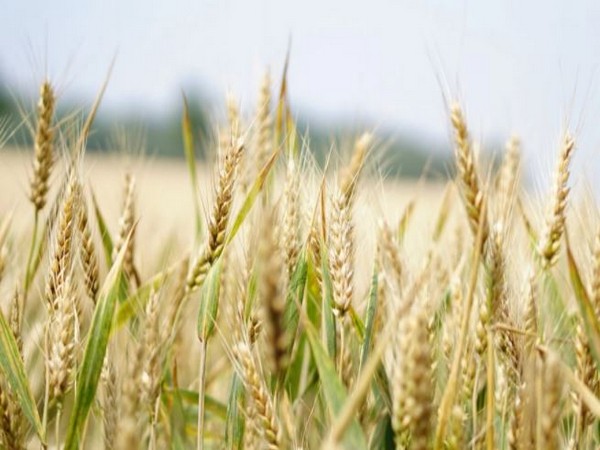
Istanbul (Turkey), October 9: A small boat carrying a multilateral inspection team approached the grain-laden vessel Moonlight from Ukraine that anchored here in the port of Istanbul in the Marmara Sea on Saturday.
Donning hard hats, life jackets, and other safety equipment, the eight-membered Joint Coordination Center (JCC) team carefully boarded Moonlight via a pilot ladder to give the cargo ship a close inspection.
The Panama-flagged vessel left the Black Sea port of Odessa in Ukraine on Sept. 25, carrying 6,000 tons of soybean.
Once granted a green light from the JCC, it would leave the Turkish anchorage and continue its route to the destination port in Georgia.
In late July, the United Nations (UN) and Türkiye brokered the Black Sea Grain Initiative to allow volumes of commercial food exports from three Ukraine ports to transit through a safe maritime humanitarian corridor in the Black Sea, in a bid to mitigate the global food crisis.
Under the initiative, the JCC was established in Istanbul with representatives from the UN, Russia, Ukraine, and Türkiye to carry out safety inspections for cargo ships from and to the Ukrainian ports.
"We have to inspect ballast tanks, the void spaces, the chain locker machine room, the bridge, cruise quarters, and so that takes a lot of time," Christian Santos, a UN member of the team on Moonlight, told Xinhua.
"Another part of that (the inspection) is obviously to ensure that all the documents regarding the crew list, cargo manifest, and levels of consumption of fuels are also in order," Santos explained.
Since its establishment, the JCC has inspected 591 vessels, namely 306 inbounds and 285 outbounds by Friday, allowing 6.4 million metric tons of grain and foodstuffs to export from the Ukrainian ports, the center said in a statement.
According to the Turkish Defence Ministry, four to five inspection teams are usually on the field, each examining almost four vessels per day.
It takes two to four hours for a team to finish inspecting a single vessel, said Santos, noting that the team has to make sure that all the safety requirements are met as per the agreement.
"It depends on the state of readiness of the masters and the crew and also the different configuration of the vessels," he added.
"The length of this vessel (Moonlight) is about 100 meters," said Santos. "As you look at larger bulk carriers, they can transport up to 50,000 metric tons, and they're anywhere from 265 to 300 meters in length, and obviously, cargo hold spaces are a lot larger."
According to Baris Doster, a Turkish journalist and geostrategist, the JCC has been working in concord and doing a perfect job to "speed things up."
"The center established under the facilitative coordination of the United Nations seems functional and effective in this regard ... Does it cure the problems, even to a certain extent? Yes, it does," Doster told Xinhua in an interview.
Despite the ongoing Russia-Ukraine conflict, a consensus had still emerged between the two countries in solving issues of humanitarian concerns, such as food supplies, according to Doster.
Santos also hailed the teams' concerted efforts to facilitate grain exports from Ukraine to other parts of the world.
"We work together to ensure that once all the safety requirements are met, the vessels are able to transit and transport the grains, foodstuffs, and other commodities out of the ports," he said shortly before continuing the inspection on Moonlight.
"I think that all the participants of different teams understand that there is a mission that needs to be accomplished," he noted.
Source: Xinhua
